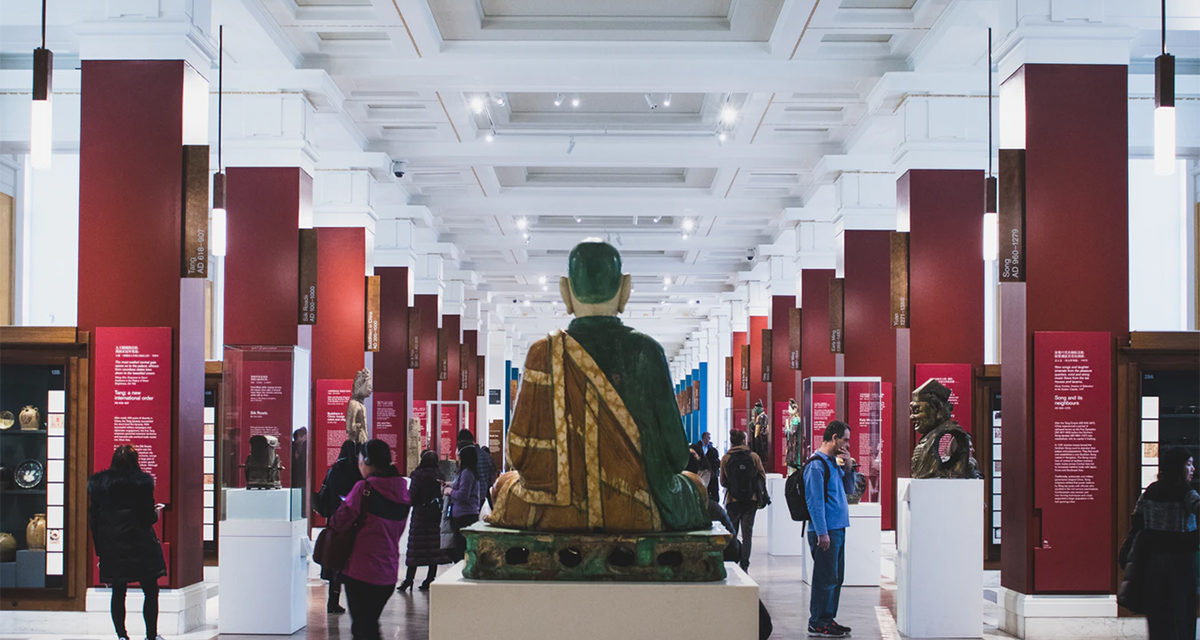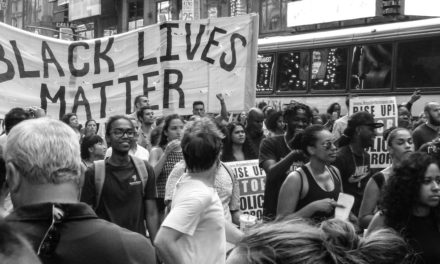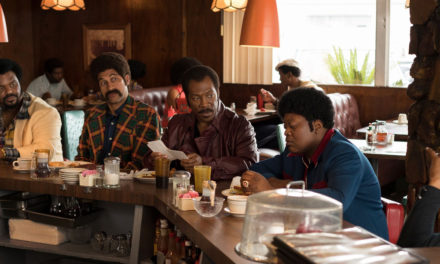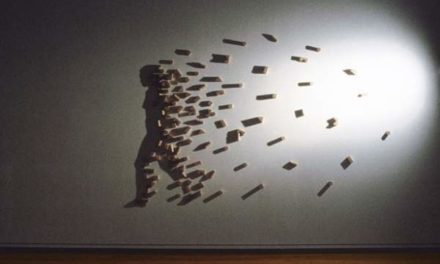Human rights barrister and author Geoffrey Robertson has criticised the British Museum for exhibiting ‘pilfered cultural property.’ The museum, home to around eight million artefacts, has long since been the subject of repatriation discussions with several countries calling for the return of cultural property.
Robertson has called for European and US institutions to do better by returning artefacts taken from ‘subjugated peoples’ by ‘conquerors or colonial masters.’
“The trustees of the British Museum have become the world’s largest receivers of stolen property, and the great majority of their loot is not even on public display,” Robertson said.
He also highlighted the unofficial ‘stolen goods tour’ that takes place in the museum. The tour notably showcases the Elgin Marbles, Hoa Kakananai’a and the Benin bronzes, each of the artefacts wanted by Greece, Easter Island, and Nigeria.
Robertson has been involved in repatriation efforts particularly with the Elgin Marbles for the Greek government, for which he prepared a report with human rights lawyer Amal Clooney.
He also made sure to criticise other museums including the Louvre in Paris and the Metropolitan in New York that “lock up the precious legacy of other lands, stolen from their people by wars of aggression, theft and duplicity.”
Robertson’s views can be found in his book ‘Who Owns History? Elgin’s Loot and the Case of Returning Plundered Treasure’ which will be released today.
Legacy of the British Empire
Home to eight million artefacts, the British Museum largely sourced its items during the colonial and imperialistic era of the British Empire. Today, these items remain completely disconnected from its origins and people, instead locked up in the British Museum as a symbol of the country’s imperial legacy and a last-ditch attempt at holding on to its colonial days.
While there have been increased repatriation efforts by several countries, the British Museum has been reluctant to let some of its artefacts go. Nigeria has been asking for the return of its Benin bronzes for decades, yet it was only last year that the British Museum returned the item as part of a loan. Yes, they expected it back.
Last year also saw the Governor of Easter Island appeal for the return of one of its most famous and spiritually important statues, an object held by the British Museum for 150 years.
This begs the question: why should Britain be responsible for displaying the history of other countries and not the country itself? Shouldn’t those countries be responsible for telling their own history? Britain’s horde of stolen goods is a stark reminder of its colonial past and the entitlement that enabled the country to wield its immense power over those it saw fit.
However, there are other Western nations that are ready to make amends. A report commissioned by French President Emmanuel Macron focused on trying to change the law by calling for all African artwork taken without consent and held in France to be returned to its country of origin.
But is it enough? No matter how many artefacts and paintings are returned, museums can’t possibly escape their colonial past. Repatriation may not be enough to gloss over that past, but it is the first step in reconciling with it.
- This Artist is Making the Underwater Arena His Canvas - 28th April 2021
- A Video Game that Promotes Peace and Conflict Resolution - 15th March 2021
- Netflix’s ‘Living Undocumented’ is a Difficult Series to Watch, and Exactly Why We Should - 9th March 2021






